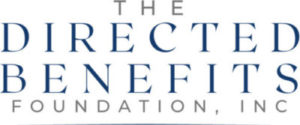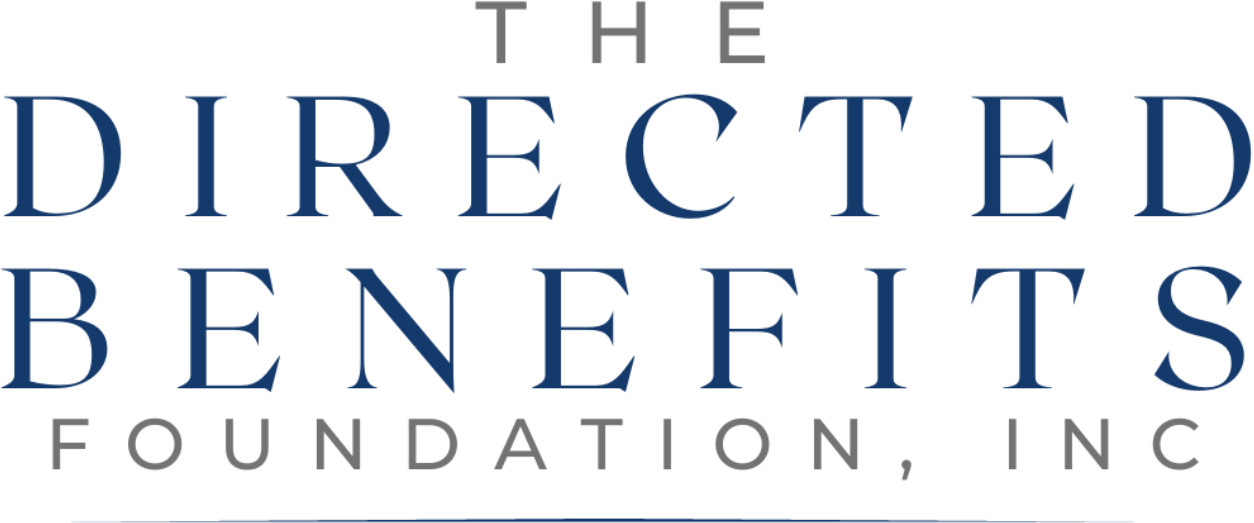Special Needs Trust
A Special Needs Trust (SNT), often referred to as a Disability Trust, is an essential tool used to protect individuals with disabilities who are receiving public benefits, such as Supplemental Security Income (SSI) or Medicaid. Means-tested public benefit programs, like SSI and Medicaid, set limits on the income and assets any beneficiary may earn or acquire over a period of time. If the individual exceeds these limits at any time, their public benefit eligibility could be jeopardized.
An SNT can be established for those beneficiaries anticipating an inheritance or legal settlement which may force them beyond the income or asset thresholds of their public benefit programs. This type of trust affords the beneficiary continued access to these vital public benefits while allowing for the use of the inheritance or settlement proceeds to supplement their SSI and Medicaid benefits and enhance their quality of life.
SNTs are drafted by Trust or Elder law attorneys, not The Directed Benefits Foundation, Inc. Our team can introduce you, or your client, to our network of leading trust attorneys all over the country. These attorneys draft each trust with the beneficiary's needs and goals in mind. Although there are strict federal rules and guidelines defining the use of special needs trust assets, no two special needs or disability trusts are exactly the same.
First-Party Special Needs Trusts
Often referred to as a Self-Settled SNT, the First-Party Special Needs Trust was created under federal law and authorized under 42 U.S.C. 1396p(d)(4)(A) in 1993 as part of the Omnibus Budget Reconciliation Act. This type of SNT may be established by a mentally and legally competent adult beneficiary, their parents, grandparents, legal guardian, or a court. The beneficiary must meet the government definition of "disabled" and be under the age of 65 at the time the trust is established.
The funds used to establish a First-Party SNT must belong to the beneficiary, often from a legal settlement or inheritance. Once established, the funds in the trust are used only for the sole benefit of the trust beneficiary. The trust assets are intended to supplement, not replace, the services provided through the beneficiary's public benefit programs, such as Medicaid, SSI, Housing Assistance, SNAP, etc. In essence, the trust may be used to pay for items or services that are not covered by these public benefit programs.
Special needs trusts are administered to serve the beneficiary's best interests and add to their quality of life. If the trust assets are completely and properly exhausted throughout the beneficiary's life, it has served its valuable purpose. In the unfortunate case where the beneficiary passes away before all assets are properly used, the trust is subject to payback provisions. Payback provisions of a First-Party SNT require that the State's lien, which is a function of total Medicaid expenses accrued over the beneficiary's life, be repaid to the State from the remaining trust assets. If funds remain in the trust after the State's lien is satisfied, those funds can be distributed to the beneficiary's heirs, or designated remainder beneficiaries.
Third-Party Special Needs Trusts
The Third-Party Special Needs Trust, or Third-Party Trust, is authorized under the same federal law as the Self-Settled SNT, with a few key differences. First, the Third-Party Trust must be established by someone other than the beneficiary themselves. Often parents or family member of disabled individuals will use this type of trust as an estate planning tool. Second, the assets used to fund the trust cannot belong to the beneficiary. The terms of a Third-Party SNT can be tailored to the needs and desires of the beneficiary and the individual(s) funding the trust. For example, funds may be earmarked for specific purposes, such as education or trade school, travel, or other significant life expenses.
The administration of a Third-Party Trust is subject to the same rigid federal guidelines intended to preserve and protect the beneficiary's public benefit eligibility. Even though the trust is funded by a third-party, the use of the trust funds must be for the sole benefit of the trust beneficiary and are not intended to replace the services and care provided by the public benefit programs.
The final key distinction of a Third-Party Trust is there are no required payback provisions. Because this type of trust is funded with assets that did not belong to the beneficiary, the State is not entitled to repayment of Medicaid expenses if the trust beneficiary passes away before the trust assets have been properly exhausted.
Key Points
There are a few important factors when considering a special needs trust:
- The beneficiary must be under 65 years old when the trust is established.
- The trust document is drafted by an attorney, not The Directed Benefits Foundation, Inc.
- Trust assets are held by the Trustee and used to supplement the items and services provided by the beneficiary's public benefit programs.
- Upon the death of the beneficiary, remaining trust assets can be distributed to the heirs or remainder beneficiaries.
- First-party, or self-settled SNTs are subject to payback provisions specific to the state in which the beneficiary received the public benefits.
Proper administration of a special needs trust is essential to ensuring the beneficiary's public benefit eligibility is preserved. The following rules and guidelines should be considered by the trustee before each distribution:
- The distribution is for the sole benefit of the trust beneficiary.
- The distribution does not affect the beneficiary's public benefit programs and future eligibility.
- The distribution is a wise financial decision based on the goals outlined in the trust document.
For more information or questions about special needs trusts, contact our team to schedule a free consultation.
Our Services
Start Your Trust With Us Today
Learn more about these trust options and schedule a free consultation with the DBF team.


